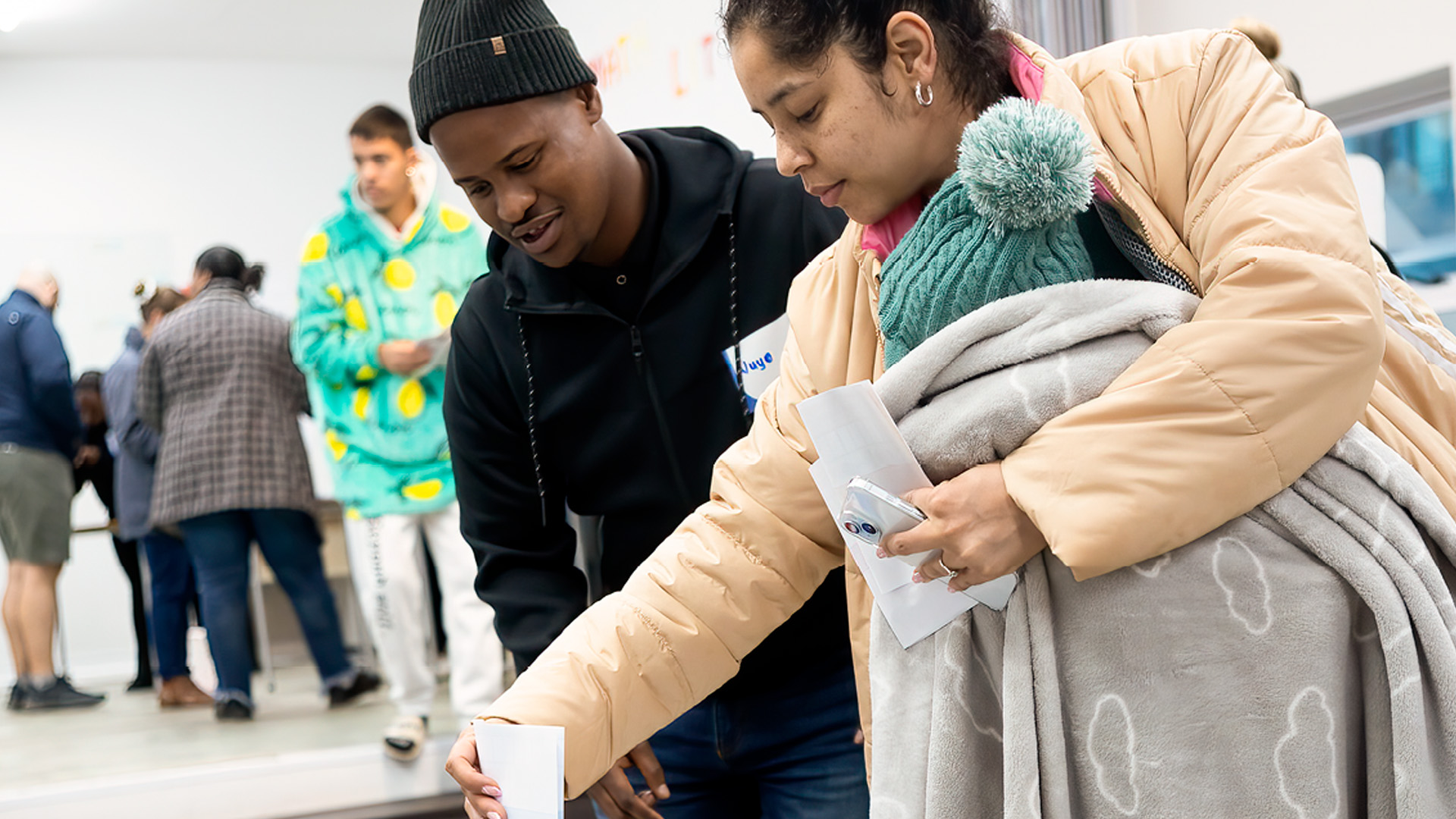Recent decisions will reverberate for decades, writes Dr Yacoob Abba Omar
Copenhagen-based Alliance of Democracies, in its eighth Democracy Perception Index, placed SA seventh out of 50 countries after Switzerland, Singapore, Qatar, Canada, Japan, and Australia. This is based on 11 000 respondents drawn from those countries’ neighbours or major trading partners, and other nations holding strategic or cultural relevance to them.
Despite these positive perceptions from those closest to our country, SA has been subjected to vicious attacks from the largest megaphone on earth. Our precious democracy, made possible through the decades of sacrifices by the likes of Nelson Mandela, Helen Suzman, Desmond Tutu, and millions of South Africans and progressives around the world, continues to be challenged from within SA as well.
Keeping in mind that the current embodiment of our democracy, the ANC-led government of national unity (GNU), has reignited hope among South Africans for better governance, it is sad to see factions from some of its leading constituents trying to wish it away because of some political expedience.
Just as the DA should recognise the deep roots in SA history and culture, and widespread support that the ANC enjoys, so too must the various parties recognise that the DA still has a formidable following and institutional base, even if its electoral support has plateaued over the past few elections.
This requires South Africans to unify to stand firm against external assaults. We have those who would prefer us to give in to demands such as dropping the International Court of Justice case, to renege on our alliance with Brics or dial back on affirmative action and BEE. There are those with feverish imaginations claiming genocide of white farmers to sully our country’s reputation.
Supporters of the “lie back and enjoy it” approach take a pecuniary view, arguing that such compromises would help us achieve a better deal with those who are attacking us. The Roman Empire had a similar relation to a few entities in different parts of the world, and they were referred to as the “vassal states”. That option stands in polar opposition to that of putting national interest first, which all parties are proclaiming.
The problem with claiming to be acting in the national interest is that it allows parties involved in the GNU to continue taking the same positions pushed by the vassal state lobby and even going to court on issues that they cannot resolve through the GNU’s internal negotiations. President Cyril Ramaphosa has characteristically been weaving a careful pathway through both positions: defending SA’s sovereignty, playing a leadership role especially as Group of 20 (G20) chair where the voices of Africa and the Global South can be amplified, while laying the basis for productive engagement with the US.
Whether you belong to the vassal state camp or support the national interest position, it is important to note that the Democracy Perception Index indicates that in 52% of the countries surveyed, respondents say the main goal of democracy is to improve living standards and wellbeing. This underlines the importance of another of Ramaphosa’s signature programmes, Operation Vulindlela, meant to accelerate structural reforms to unlock economic growth and improve infrastructure performance.
The recently launched second phase is set to focus on spatial inequality, local government, and digital transformation. The authors of the Democracy Perception report opine that “the widespread perception of underperformance highlights a growing gap between democratic ideals and the practical outcomes many citizens expect but feel are not being met”. That is a genie our country can barely afford to be released and should energise us in addressing the basic demands of the public. Otherwise, our beautiful democracy will succumb to all kinds of authoritarian, undemocratic forces.
Dr Yacoob Abba Omar is the Director of Operations at the Mapungubwe Institute for Strategic Reflection (MISTRA).

